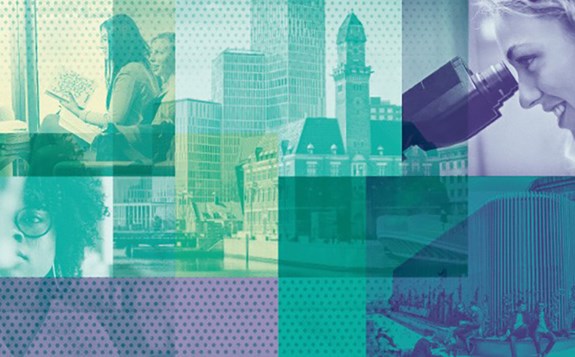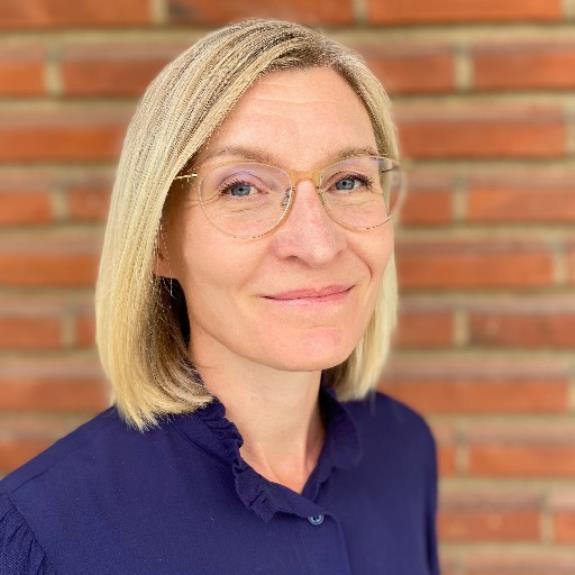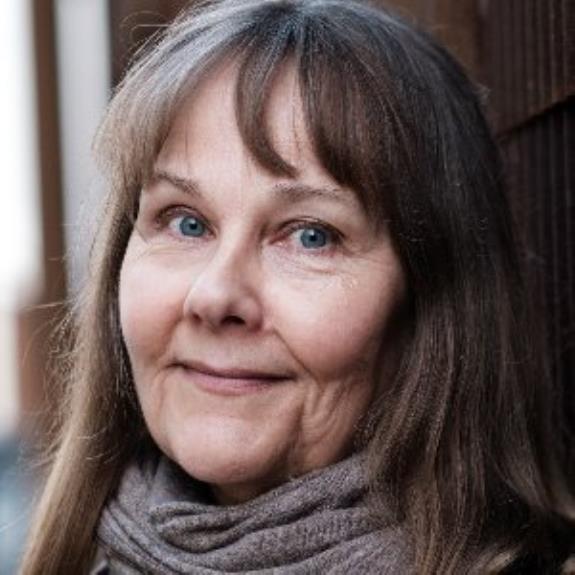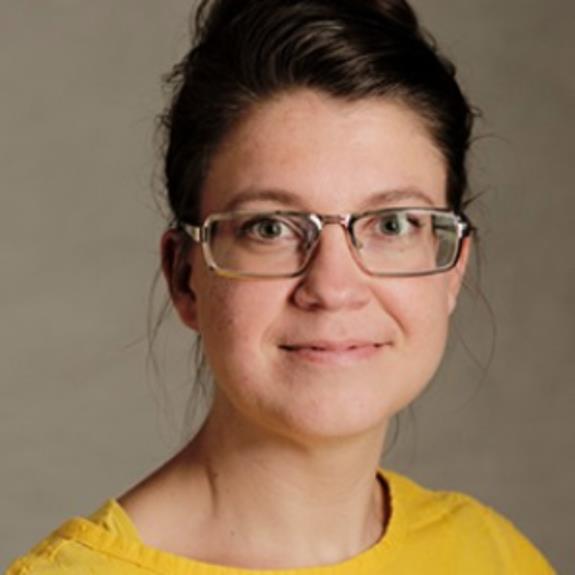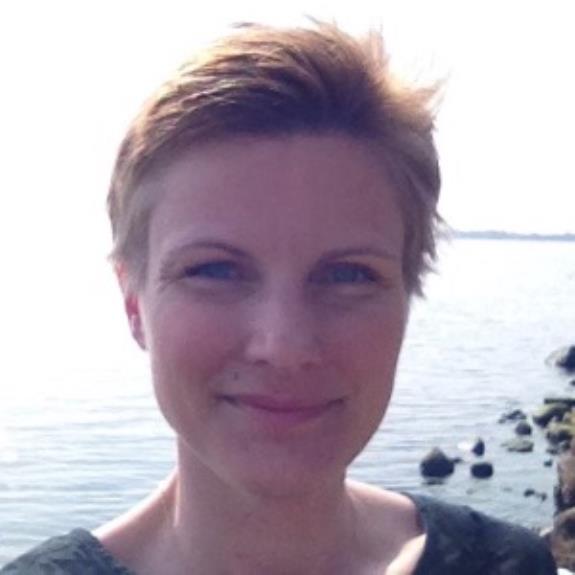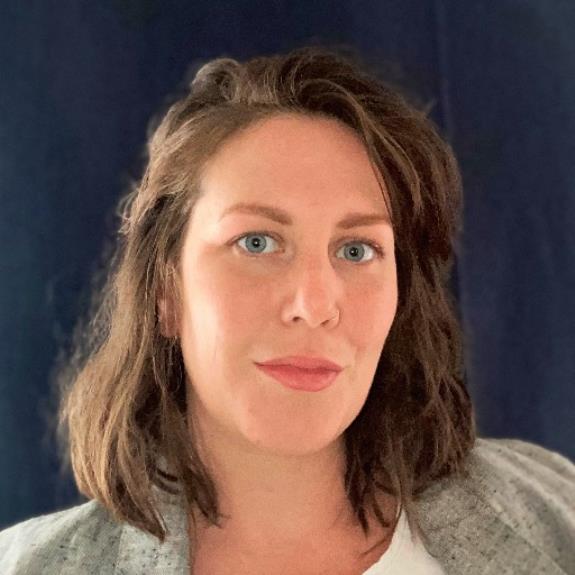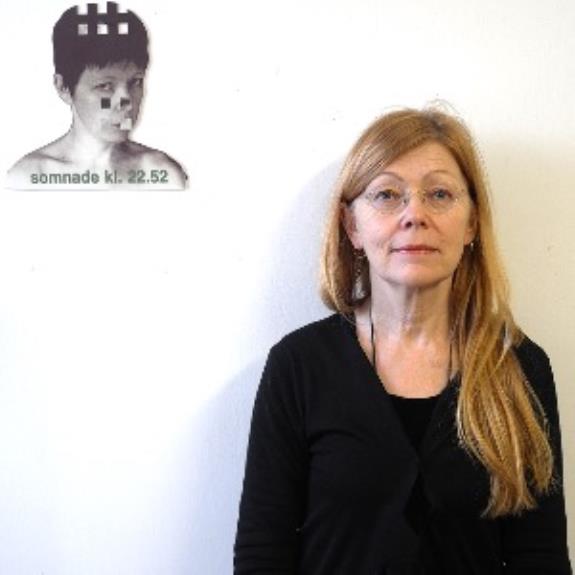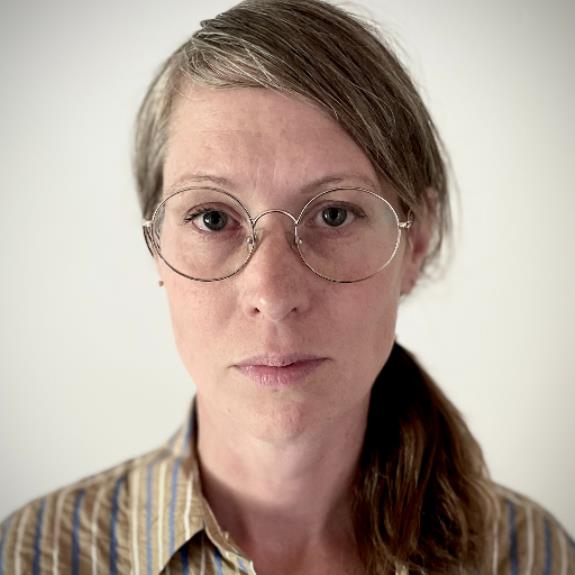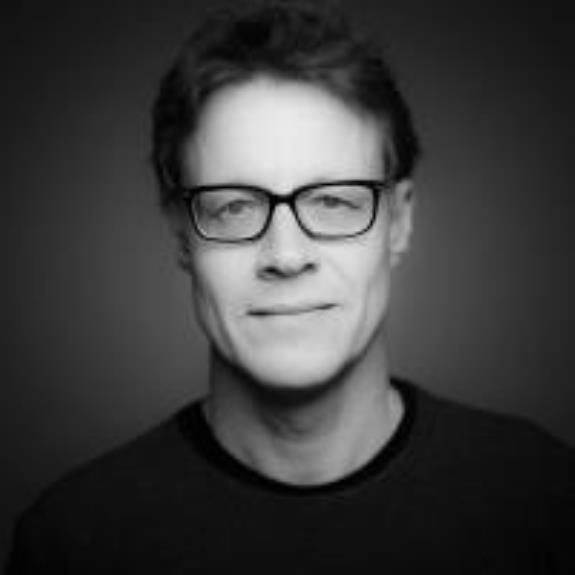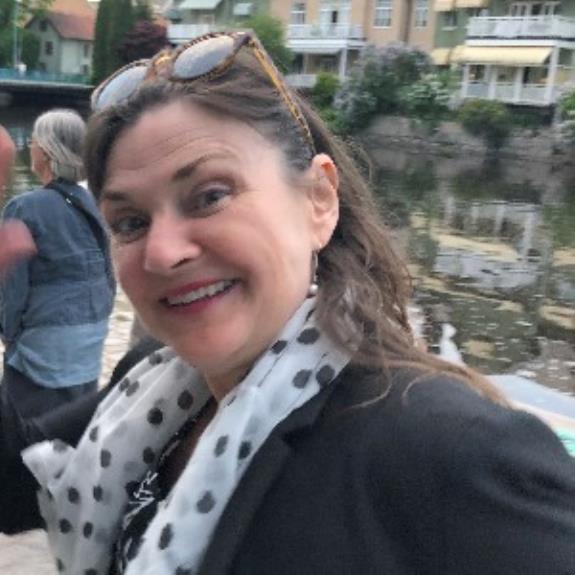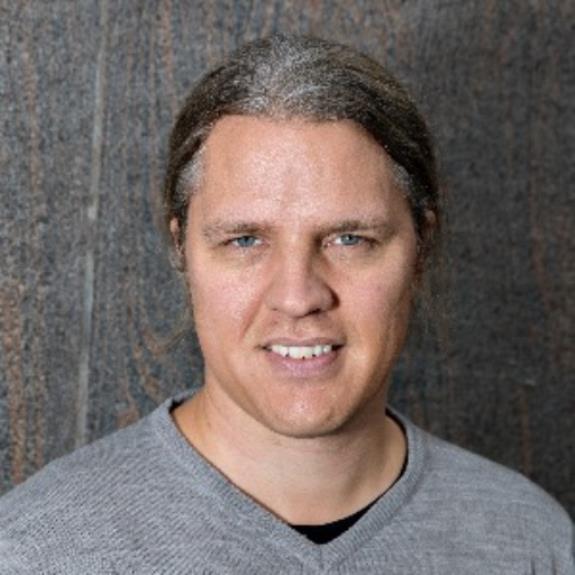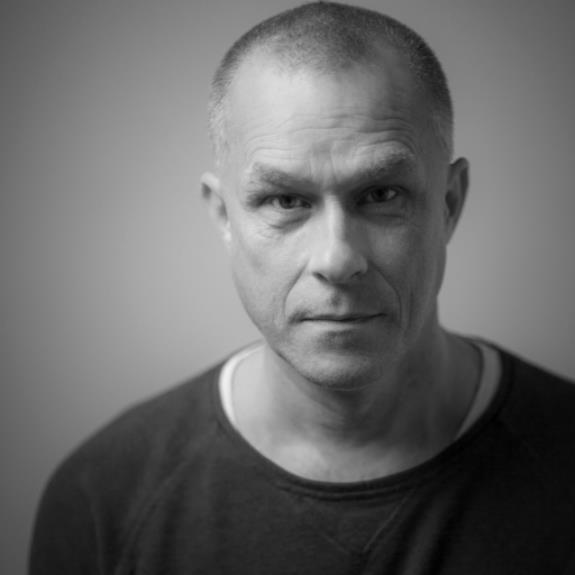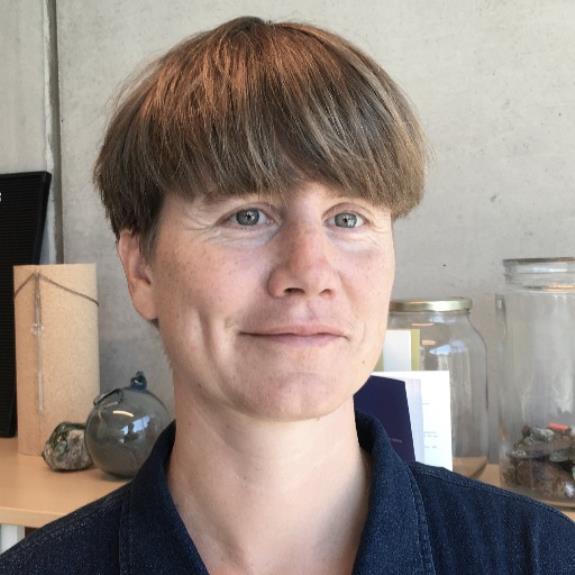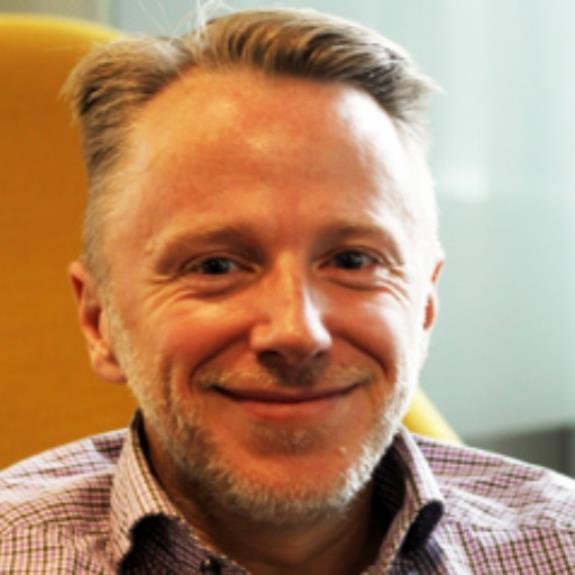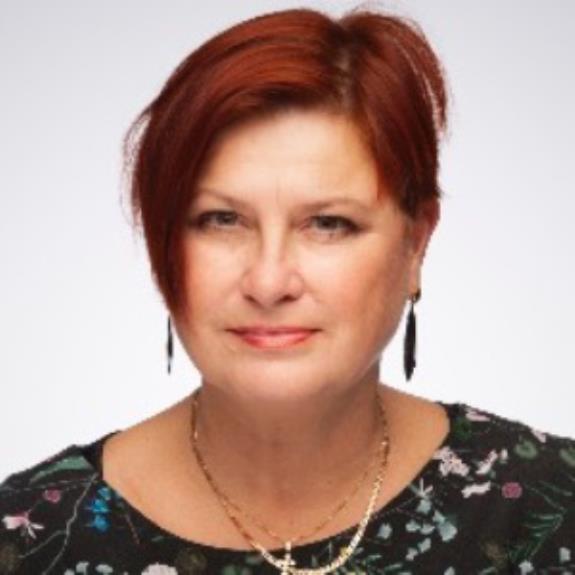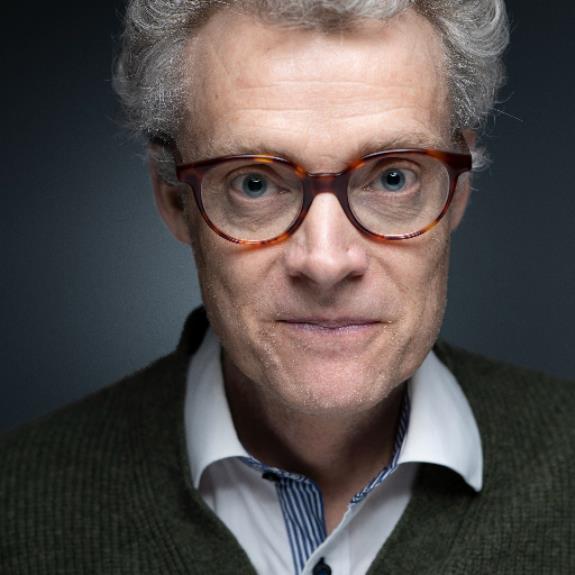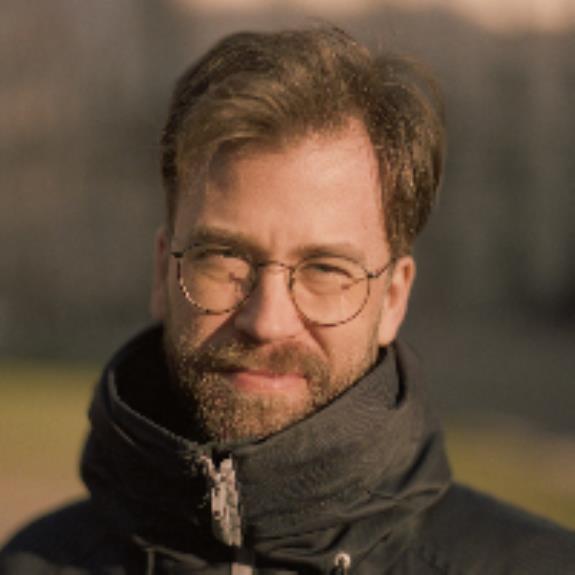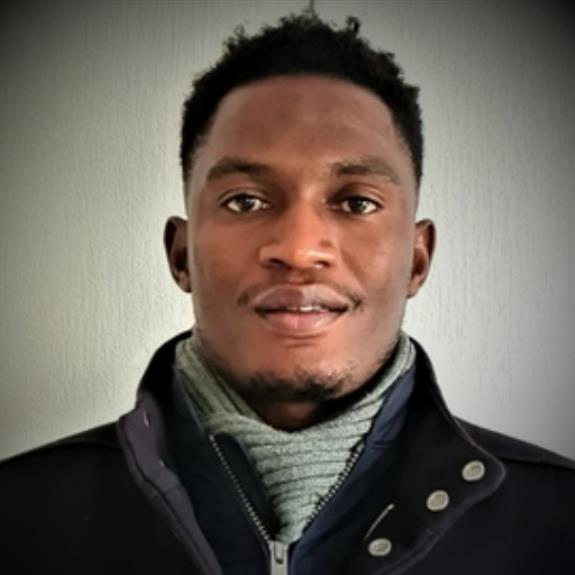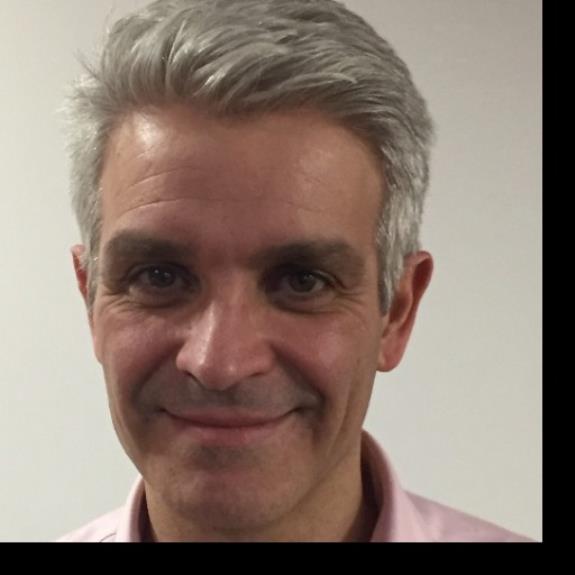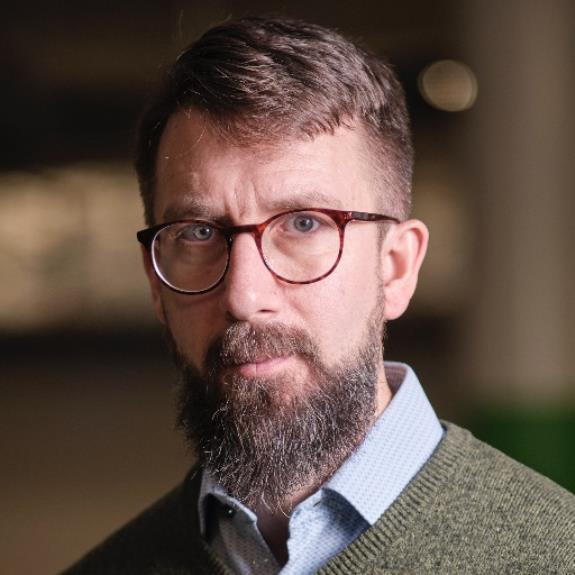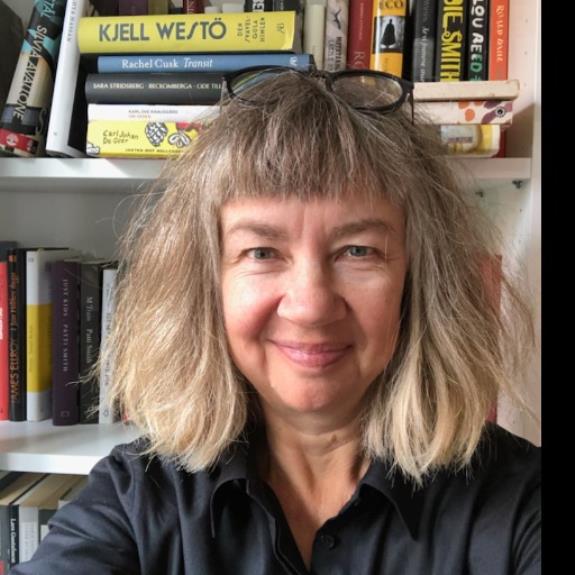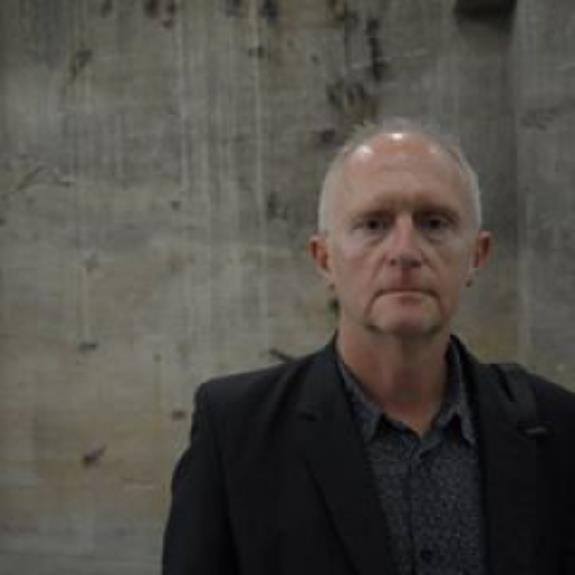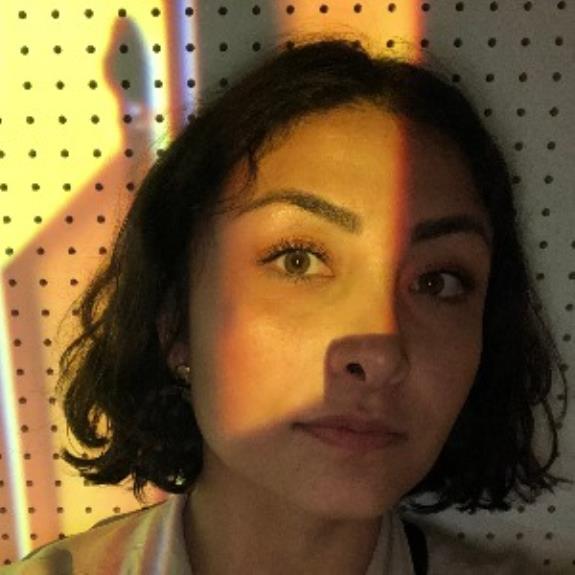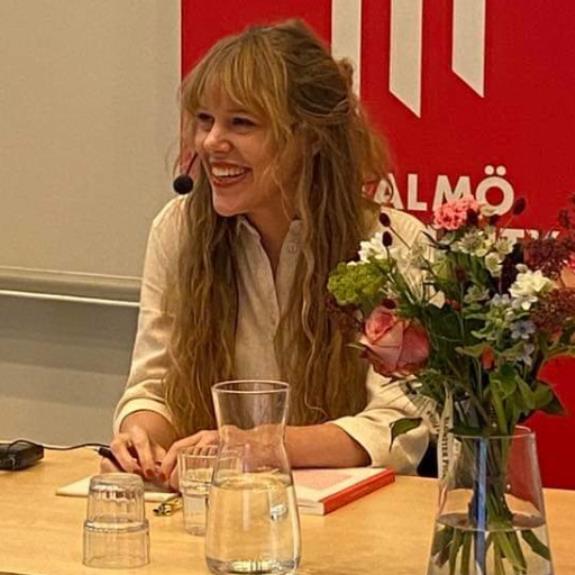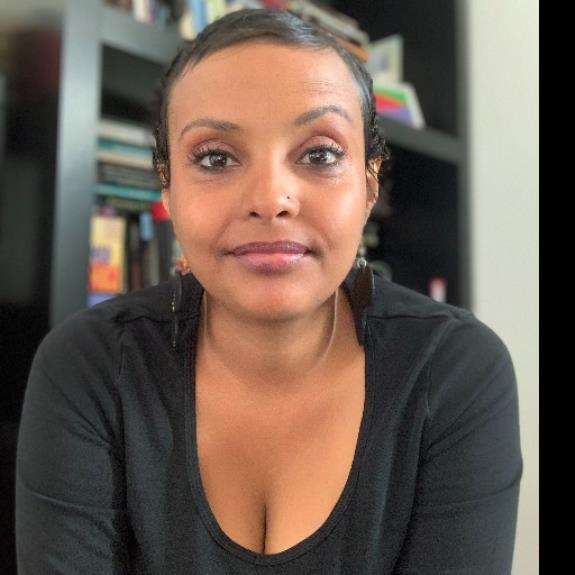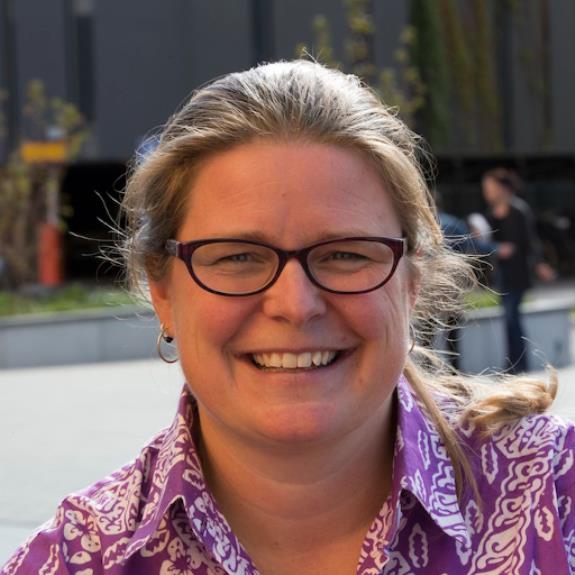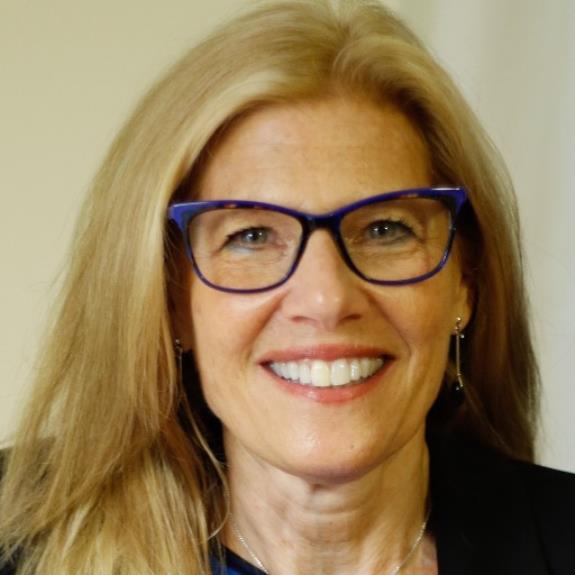We use cookies on this website. Cookies help us deliver the best experience on our website. Read about cookies.
-
- Education
- Education
- Programmes and courses
- Applications and admissions
- Tuition fees
- Scholarships
- Exchange studies at Malmö University
- Study Guidance
-
- After admission
- After admission
- Moving to Malmö
- Pre-orientation
- Arrival guide
-
- About studies at Malmö University
- About studies at Malmö University
- Why choose Malmö University
- Understanding university studies
- Connect with current students
On the page -
- Research
- Research
-
- Doctoral studies
- Doctoral studies
- Doctoral courses
-
- Doctoral schools
- Doctoral schools
- Education, Learning and Globalisation
- Doctoral school: Learning in Multicultural Societal Contexts
- Swedish National Graduate School in Science and Technology Education Research
- Doctoral school: Relevancing Mathematics and Science Education (RelMaS)
- Doctoral school: Sustainable Movement Education
- Finding ways in a time of great future challenges (FinnFram)
- Doctoral school: Pedagogy and Vocational Skills
- Doctoral school: Culturally Empowering Education through Language and Literature
- Research subjects
-
- Prominent research
- Prominent research
-
- Research publications
- Research publications
- Search publications
- Malmö University Press
- Research events
- Be part of research
On the page -
- Collaboration and Innovation
- Collaboration and Innovation
-
- Collaboration and external relations
- Collaboration and external relations
- Collaboration with students
-
- Collaborate with researchers
- Collaborate with researchers
- Labs and facilities
-
- Platforms, networks and projects
- Platforms, networks and projects
- Muvah
- Culture collaboration
- Innovation
- Support Malmö University
On the page -
- About us
- About us
-
- Job opportunities
- Job opportunities
- Current vacancies
- Meet our staff
- Employee benefits
-
- Faculties and departments
- Faculties and departments
-
- Faculty of Culture and Society
- Faculty of Culture and Society
- Department of Urban Studies
- Department of Global Political Studies
- School of Arts and Communication
-
- Faculty of Education and Society
- Faculty of Education and Society
- Department of Childhood, Education and Society
- Department of Sports Sciences
- Department of Natural Science, Mathematics and Society
- Department of School Development and Leadership
- Department of Culture, Languages and Media
- Department of Society, Culture and Identity
-
- Faculty of Technology and Society
- Faculty of Technology and Society
- Department of Computer Science and Media Technology
- Department of Materials Science and Applied Mathematics
- Faculty of Odontology
-
- Contact Malmö University
- Contact Malmö University
- Visit Malmö University
- Map of the buildings (Google Maps)
- Merchandise
- Whistleblowing
- News and press
- Management and decision-making paths
-
- Vision, objectives and strategy 2025
- Vision, objectives and strategy 2025
- Global engagement
- Sustainability
- Widened recruitment and participation
- Quality work at the University
- Apartments for researchers
-
- Malmö Academic Choir and Orchestra
- Malmö Academic Choir and Orchestra
- Student work - video pieces
- Alumni & Friends
- Annual Academic Celebration
-
- University Dental Clinic
- University Dental Clinic
- About the University Dental Clinic
- The University in a troubled world
On the page
Collaborative Future-Making
Future-Making
The Collaborative Future-Making research platform explores how we can envision inclusive and sustainable ways of living and thriving together. We do this through prototypes and discussions where people from all sectors of society are involved. Our multidisciplinary group of researchers have respective backgrounds in humanities, design, and social sciences.
Future-making Academy – to read futures for societal change
The Future-making Academy at Malmö University is a reading circle focusing on complexity, future-making, and collaboration. The purpose is to make research available, deepen, and provide space to examine and discuss how thoughts and ideas from the texts we read can resonate with our own practices.
Seminars 2022
5 April
Future imaginaries of artificial intelligence for human life – a Nordic perspective.
With: Jason Tucker and Michael Strange, GPS Malmö University
6 April
Agonistic Navigating: Exploring and (Re)configuring Youth Participation in Design.
With: Kate Ferguson, participatory designer and PhD candidate, RMIT University, Melbourne. Co-hosted with the K3 Seminar Series.
Kate Ferguson
Kate Ferguson has recently completed a PhD at RMIT University in Melbourne, Australia. With a professional background in architecture, placemaking, public engagement, and community projects, she has a longstanding interest in the way people participate in shaping the built environment.
28 April
Flow Feelers – a study circle on applied ecofeminism for men.
With: Thomas Laurien, senior lecturer in design at HDK-Valand, and co-founder of the Design and Posthumanism Network
9 May
The Issue of Agency in Public Sector Infrastructuring Final PhD seminar.
With: PhD student in Interaction Design Alicia Smedberg K3 MAU and discussant Carl DiSalvo, School of Literature, Media, & Communication, Georgia Institute of Technology. This will be co-hosted with the K3 seminar series.19 May, 14.00-16.00
Stories and Design Recipes to Wonder, Care and Prioritize Relational Homemaking
50% PhD seminar with PhD student in Interaction Design Juliana Restrepo Giraldo K3 MAU/Linneus University and discussant Martín Ávila Professor of Design at Konstfack University of Arts, Crafts and Design. This will be co-hosted with the K3 seminar series.
23-25 May
1st Symposium on Storytelling and Collaborative Future Making
Seminars 2021
4 March
Transmissions: Critical tactics for making and communicating research (video)
17 March
25 March
How can we imagine a future for integration? (video)
31 March
A part of K3's seminar series and part four of the Co-becoming in the Pluriverse series.
We know so much, but we have not learned to use knowledge wisely (video)
6 April – 28 May
River – A process for decolonizing together
12 April
Automation of imagination (video)
15 April
From Dark Mountain to Östervåla: Gatherings around Climate Predicaments (video)
28 April
29 April
Storytelling for sustainability(video)
4 May
Speculative fiction and the bureaucracy of the future(video)
5 May
11 May
Decertifying legal sex/gender status (video)
28 September
Watch 'Utopia's in the making' at Mau Play
4 October
Watch Respectively Yours: Yoko and Ann on Pluralist Accounting at Mau Play
12 November
Watch Public sector innovation: panacea or pandora´s box? at Mau Play
13 December
Seminars
Transition Landscapes
Challenging heritage development by engaging with the past in the design space. With: Mela Zuljevic Faculty of Architecture and Arts, University of Hasselt, Belgium
https://play.mau.se/id/0_knlzjp6f?width=608&height=402&playerId=23452644?enablejsapi=1
'Utopia’s in the making: the power(s) of participatory post-fossil futuring'
https://play.mau.se/id/0_z6f3rl8v?width=608&height=402&playerId=23452644?enablejsapi=1
Seminar: Pushing social sustainable agendas
Platform affiliated researcher Rahel Weldeab Sebhatu took part in a seminar at the Museums as Catalysts for Change event: What role can museums play in the fight for a sustainable future?
https://youtube.com/embed/FtTqCk_aGLg?enablejsapi=1&rel=0&showinfo=1&controls=1
Our research
Our work draws upon multidisciplinary, critical perspectives from the humanities and social sciences. We combine these perspectives with design research methods that are collaborative and constructive, such as making and prototyping.
One of our guiding concepts is critical imagination, which is about challenging basic assumptions, norms and structures for what constitutes socially, culturally, ecologically and economically sustainable futures.
Our research is carried out in collaboration with professionals and policy makers, as well as individuals and non-governmental organisations. Together, we prototype and discuss alternative and collaborative futures.
To summarise, the platform aims to:
- envision and prototype inclusive and sustainable futures
- develop ways for how these futures can be debated
- work closely with actors from all sectors of society
Research methodologies and focus areas
Research methodologies and approaches include art, action research, co-design, discourse theory and analysis, feminism, hermeneutics, historicisation, performativity, phenomenology, postcolonial studies, posthumanism, science and technology studies, and social network analysis.
Focus areas include critical imagination, anthropocene storytelling, heterodox economies, collaborative resilience, and societal engagement.
Forskningsplattformen Collaborative Future-Making tar sin utgångspunkt i mänsklighetens bristande förmåga att föreställa sig hur världen skulle kunna vara annorlunda.
Ett centralt begrepp är "critical imagination" (kritisk föreställningsförmåga). Detta handlar om att ifrågasätta grundläggande antaganden, normer och strukturer. Syftet med detta är att vidga människors perspektiv på vad som skulle kunna utgöra socialt, kulturellt, ekologiskt och ekonomiskt hållbara framtider.
Plattformen utforskar hur vi kan föreställa oss dessa alternativa framtider samt formerna för hur vi gemensamt kan utforma, testa och debattera dem. Den tvärvetenskapliga forskargruppen är verksam inom humaniora, design och samhällsvetenskap.
Researchers, publications and projects
-
2023 | Book
Grief and Hope in Transition: An orienteering guide
Li Jönsson, Kristina Lindström, Christina Lindkvist, Jonas Larsen, Per-Anders Hillgren
-
2023 | Article in journal
Från statarnas ombudsman till turist i prekariatet?: Om arbetarlitterära representationsmodeller
Magnus Nilsson
-
2023 | Chapter in book
Live Action Role Playing and Engagement with Literature
Sara Bjärstorp, Petra Ragnerstam
-
2023 | Article in journal
Live-action role-playing and the affordances of social media
Sara Bjärstorp, Petra Ragnerstam
-
2023 | Conference paper
A teacher education course on climate change and critical mathematics education
Magnus Ödmo, Anna Chronaki, Lisa Björklund Boistrup
-
2023 | Chapter in book
More-Than-Human Perspectives and Values in Human-Computer Interaction
Daisy Yoo, Tilde Bekker, Peter Dalsgaard, Eva Eriksson, Simon Fougt Skov, Christopher Frauenberger, Batya Friedman, Elisa Giaccardi, Anne-Marie Hansen, Ann Light, Elisabet M. Nilsson, Ron Wakkary, Mikael Wiberg
-
2023 | Article in journal
Un/Making the Plastic Straw: Designerly Inquiries into Disposability
Kristina Lindström, Åsa Ståhl
-
2023 | Article in journal
Precarity and Class Consciousness in Contemporary Swedish Working-Class Literature
Magnus Nilsson
-
2023 | Book
Sorg och Hopp i Omställning: En Orienteringsguide
Kristina Lindström, Li Jönsson, Christina Lindkvist, Jonas Larsen, Per-Anders Hillgren
-
2022 | Conference paper
Mapping Knowledge Representations to Concepts: A Review and New Perspectives
Lars Holmberg, Paul Davidsson, Per Linde
Glossary
Glossary: Collaborative Future-Making
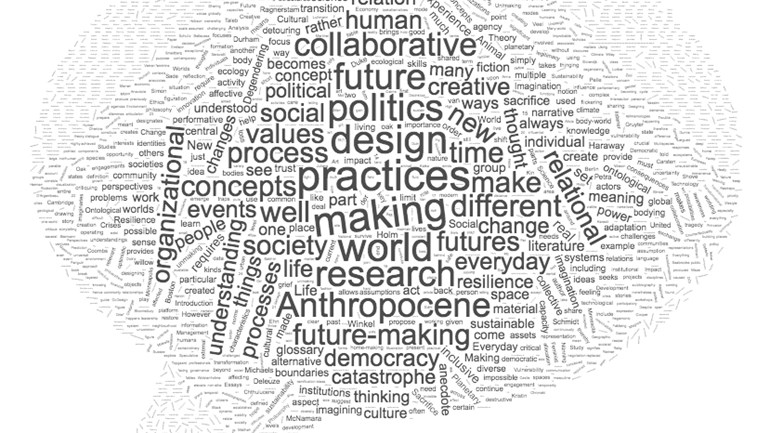 Glossary: Collaborative Future-Making
Glossary: Collaborative Future-Making
This glossary was first used within the research group as an exercise to share concepts that we found central to collaborative future-making, then to be used during the Imagining Collaborative Future-Making workshop. This collection of concepts reflects the heterogeneous and diverse character of the research group and a strong belief in that plurality regarding ontologies and epistemologies will be crucial to being able to handle the multiple uncertainties and complex challenges we have to face in the future.
- Andrea Botero, Aalto University, Finland
- Davina Cooper, King's College London, UK
- Max Koch, Lund University, Sweden
- Andrew Morrison, The Oslo School of Architecture and Design, Norway
- Emily Spiers, Lancaster University, UK
- Danielle Wilde, University of Southern Denmark, Denmark
-
PH
Per-Anders Hillgren - Professor
per-anders.hillgren@mau.se
+46 40 665 70 99
-
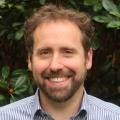
Michael Strange - Associate Professor/Senior lecturer
michael.strange@mau.se
+46 40 665 72 16
-
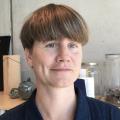
Kristina Lindström - Senior lecturer
kristina.lindstrom@mau.se
+46 40 665 73 98
-

Hope Witmer - Associate Professor/Senior lecturer
hope.witmer@mau.se
+46 40 665 71 42
